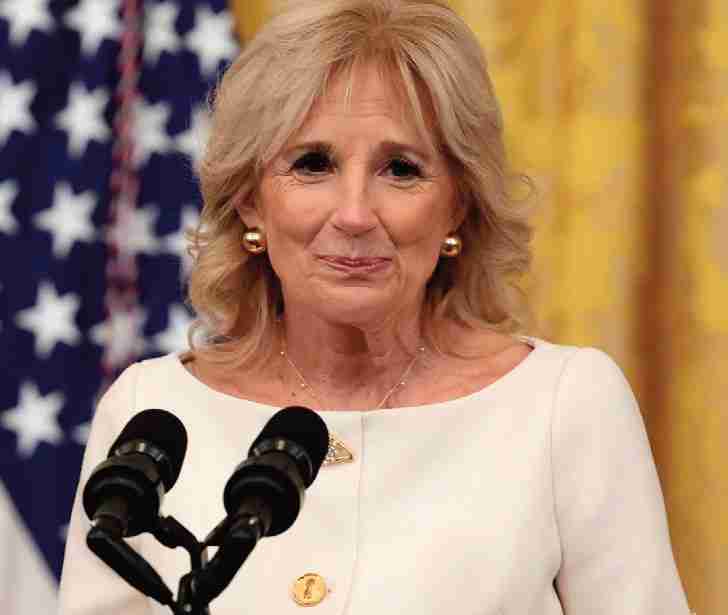WASHINGTON (AP) _ The house always wins, gamblers are warned, and the U.S. House made John McCain pay Monday for his politically risky, high-profile involvement in a financial rescue plan that came crashing down, mainly at the hands of his fellow Republicans.
The bill’s defeat can hardly be blamed on the GOP presidential nominee, and it’s possible that a revised measure might succeed. But by his own actions last week, McCain tied himself far more tightly to the failed bill than did his Democratic opponent, Barack Obama.
McCain argues that action is better than inaction in times of crises. His efforts, however, were aimed squarely at House Republicans, the group mainly responsible for the bill’s demise, which triggered a record drop of nearly 800 points in the stock market, the most ever for a single day.
If Congress’ impasse leads to a credit crisis, “it’s not going to be good for McCain,” said veteran Republican consultant John Feehery.
Another prominent Republican strategist, who would talk only on background to avoid antagonizing associates, said the vote was trouble for McCain.
As recently as Monday morning, only minutes before the House’s stunning vote, McCain suggested that his call for a White House summit meeting Thursday, and his visit with unhappy House Republicans that preceded it, had helped clear the way for the bill’s passage.
“I went to Washington last week to make sure that the taxpayers of Ohio and across this great country were not left footing the bill for mistakes made on Wall Street and in Washington,” he told a crowd in Columbus, Ohio. “Some people have criticized my decision, but I will never, ever be a president who sits on the sidelines when this country faces a crisis.”
On NBC’s “Meet the Press” Sunday, top adviser Steve Schmidt said McCain managed “to help bring all of the parties to the table, including the House Republicans, whose votes were needed to pass this.”
The comment suggested that McCain took responsibility for rounding up the needed GOP votes, “and that was probably a stupid thing for him to promise to do,” said Democratic adviser Jennifer Palmieri.
On Monday, only 65 of the House’s 199 Republicans went along. The defeat dealt a major blow to President Bush and threw another twist into a presidential campaign already drawing record numbers of Americans for rallies and televised events.
In a sign of the difficulty he faces, McCain made no direct comment on the House vote for about four hours. His campaign initially issued a sharply worded statement by economic adviser Doug Holtz-Eakin, who blamed Obama and other Democrats.
Just before House members voted, he said, Speaker Nancy Pelosi, D-Calif., “gave a strongly worded partisan speech and poisoned the outcome.” House Democrats already had denounced that argument, saying it suggested GOP lawmakers based a crucial vote on pique rather than conviction.
A few hours later, a grim-faced McCain read a statement to reporters in Iowa. “I was hopeful that the improved rescue plan would have had the votes needed to pass,” he said. “I call on Congress to get back, obviously, immediately to address this crisis.”
Obama “and his allies in Congress infused unnecessary partisanship into the process,” McCain said, adding: “Now is not the time to fix the blame; it’s time to fix the problem.”
Obama, of course, does face risks in the financial and political meltdown, and his party is hardly blameless for the legislation’s collapse Monday. From the start, however, Obama kept more distance from the infighting, and questioned the wisdom of injecting presidential politics directly into the negotiating mix, as McCain did with the White House meeting that Obama had little choice but to attend.
Obama gave the legislative package tepid support Sunday. If several Democratic-backed additions stayed in it, he said on CBS’ “Face the Nation,” “my inclination would be to vote for it, understanding I’m not happy about it.”
On Monday, many of the House Democrats who opposed the bill were blacks, who rank among Obama’s strongest supporters. Rep. Elijah Cummings, D-Md., was one.
“I do not believe that we have explored or exhausted all possible options to directly ease the pressure on financial markets without causing an undue burden to taxpayers,” he said.
During last week’s negotiations, Obama and many other congressional Democrats called for several changes to the bailout plan, which the Bush administration had unveiled days earlier. They included efforts to prevent further home foreclosures, greater oversight of the plan and limits on severance packages for executives leaving companies helped by the plan.
All those items were added to some extent, although Obama’s aloofness limited his ability to claim credit.
McCain’s involvement was more direct, complicated and difficult to assess. After temporarily suspending his campaign last week, and just before attending the White House meeting, he met with House Republicans in the Capitol. He heard loud complaints about the bailout proposal’s costs, structure and details.
When the White House session took place, McCain surprised several at the table by having little to say other than that the House Republicans’ unhappiness needed attention.
Those House members forced several changes in the package on Saturday, and McCain seemed satisfied, if not enthusiastic.
“This is something that all of us will swallow hard and go forward with,” he said Sunday.
He turned out to be wrong on Monday. Now his campaign must scramble to convince a worried electorate and a deeply divided party that he is the man to lead them to better times.
____
EDITOR’S NOTE: Charles Babington covers national politics for The Associated Press.
Pictured above is Sen. John McCain.












No Comment